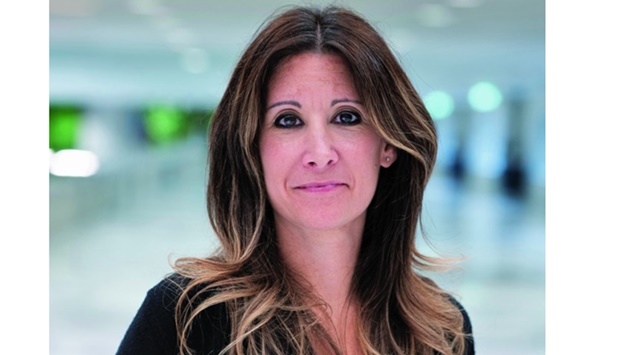Dr Maria Van Kerkhove, the technical lead for the Covid-19 response at the World Health Organisation (WHO), shared insights on how countries can be more prepared to the next pandemic.
The discussion started with examining the waning of Covid-19 and asked whether the general population was adequately equipped to take appropriate measures to protect themselves from infection in the event of a new wave of a pandemic. To do this, it is important to know what steps can be taken to prepare for future pandemics.
“Today, 12.75bn doses (of Covid-19 vaccine) have been administered, while 67.9% of the world’s population has received at least one dose,” Dr Van Kerkhove said as she explained how the pandemic has affected some countries more than others. According to WHO, 22.7 % of people in low-income countries have received at least one dose.
In her discussion, Dr Van Kerhove highlighted that in order to be better prepared for future pandemic, countries need to be informed and keep up with alerts issued by the WHO, and leaders should work with organisations like the WHO to deal with a global health emergency. She noted that the WHO gave explicit warnings ahead of the Covid-19 outbreak earlier in January 2020.
Dr Van Kerhove observed that even though people want to go back to living the life they knew before Covid-19, this will not be easy. “Just because the finish line is in sight doesn't mean that we have crossed it. The changes we have made need to stay; they can’t be dismantled. The world wants an end to the discussion around Covid-19, and we certainly are doing better compared to a year ago. However, we still need to measure our ability to track changes, understand the next variant and reduce the impact of the next pandemic.”
In the WISH 2022 report on “A New Era for Vaccine Innovation”, Jean-Louis Excler, programme director of new initiatives at the International Vaccine Institute in Seoul, South Korea, and co-authors present how the Covid-19 pandemic triggered a global sense of vulnerability among low-income countries and led countries to take certain actions for vaccine development and reduce the spread of the virus.
Drawing on her experience as an epidemiologist at WHO, Dr Van Kerhove also talked about timing the possibility of a new pandemic. "The agility of our responses can help improve the impact and keep the global community, including low-income countries, guarded against the next pandemic," she added.
The discussion started with examining the waning of Covid-19 and asked whether the general population was adequately equipped to take appropriate measures to protect themselves from infection in the event of a new wave of a pandemic. To do this, it is important to know what steps can be taken to prepare for future pandemics.
“Today, 12.75bn doses (of Covid-19 vaccine) have been administered, while 67.9% of the world’s population has received at least one dose,” Dr Van Kerkhove said as she explained how the pandemic has affected some countries more than others. According to WHO, 22.7 % of people in low-income countries have received at least one dose.
In her discussion, Dr Van Kerhove highlighted that in order to be better prepared for future pandemic, countries need to be informed and keep up with alerts issued by the WHO, and leaders should work with organisations like the WHO to deal with a global health emergency. She noted that the WHO gave explicit warnings ahead of the Covid-19 outbreak earlier in January 2020.
Dr Van Kerhove observed that even though people want to go back to living the life they knew before Covid-19, this will not be easy. “Just because the finish line is in sight doesn't mean that we have crossed it. The changes we have made need to stay; they can’t be dismantled. The world wants an end to the discussion around Covid-19, and we certainly are doing better compared to a year ago. However, we still need to measure our ability to track changes, understand the next variant and reduce the impact of the next pandemic.”
In the WISH 2022 report on “A New Era for Vaccine Innovation”, Jean-Louis Excler, programme director of new initiatives at the International Vaccine Institute in Seoul, South Korea, and co-authors present how the Covid-19 pandemic triggered a global sense of vulnerability among low-income countries and led countries to take certain actions for vaccine development and reduce the spread of the virus.
Drawing on her experience as an epidemiologist at WHO, Dr Van Kerhove also talked about timing the possibility of a new pandemic. "The agility of our responses can help improve the impact and keep the global community, including low-income countries, guarded against the next pandemic," she added.



